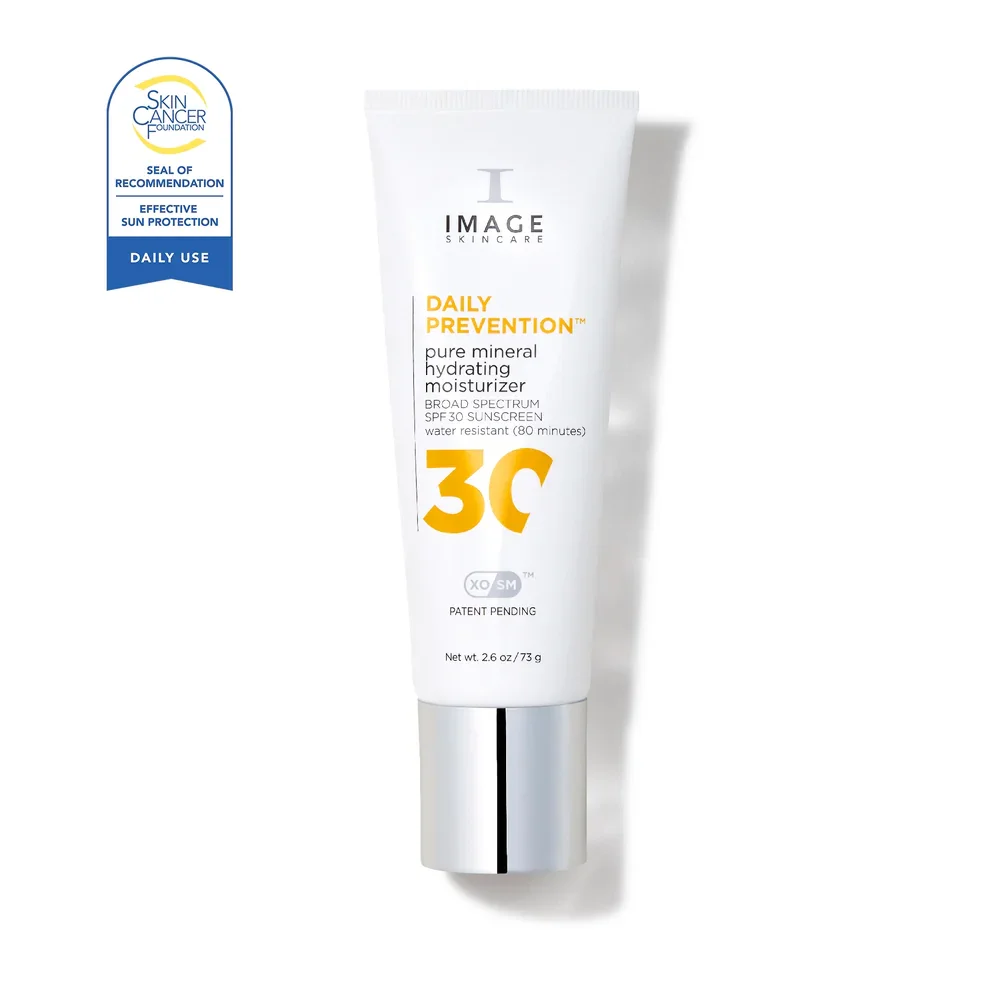Mindfulness: An Important Element of Self Care
Mindfulness and Self-Care
Mindfulness and self-care are essential practices that contribute to overall well-being by fostering a deeper connection between the mind and body. Mindfulness involves being fully present and aware of the current moment without judgment. This awareness helps reduce stress, improve focus, and enhance emotional regulation.
Incorporating mindfulness into daily life can be as simple as paying attention to your breath, practicing meditation, or engaging in mindful walking outdoors. These activities encourage relaxation and provide a break from the constant distractions of modern life.
Self-care complements mindfulness by prioritizing activities that nurture physical, mental, and emotional health. This includes getting adequate sleep, maintaining a balanced diet, exercising regularly, and setting healthy boundaries to prevent burnout. When self-care is viewed not as a luxury but as a necessity, it supports resilience and a sustained sense of balance.
Together, mindfulness and self-care create a foundation for improved health, greater clarity, and a more intentional lifestyle. Making space for these practices can lead to long-term benefits such as increased energy, reduced anxiety, and a stronger connection to oneself and the environment.
Mindfulness is a powerful self‑care strategy that enhances brain health by strengthening sensory awareness. By intentionally focusing on the present moment—through sights, sounds, smells, touch, and taste—mindfulness activates and sharpens the brain’s sensory pathways. Neurobiological studies confirm that regular mindfulness practice stimulates neuroplasticity, leading to increased cortical thickness in areas like the prefrontal cortex and anterior cingulate cortex, which are essential for attention, decision‑making, and self‑regulation. This heightened sensory awareness helps reduce stress, improve emotional regulation, and support cognitive clarity by reducing amygdala reactivity. It nurtures a deeper connection to the body and surroundings, fostering resilience, balance, and well‑being. As a daily habit, mindfulness encourages conscious living and inner calm, making it an essential tool for maintaining mental and emotional health in an increasingly fast‑paced world (Calderone et al., 2024).
References
Calderone, A., Latella, D., Impellizzeri, F., de Pasquale, P., Famà, F., Quartarone, A., & Calabrò, R. S. (2024). Neurobiological Changes Induced by Mindfulness and Meditation: A Systematic Review. Biomedicines, 12(11), 2613. https://doi.org/10.3390/biomedicines12112613
See the courses we offer @ MindfulMountain.Org



